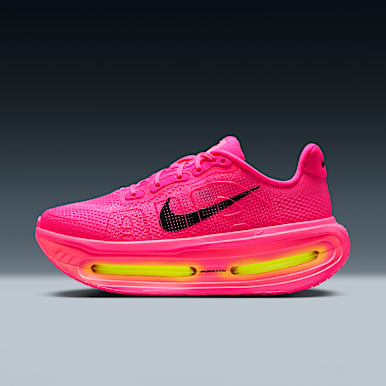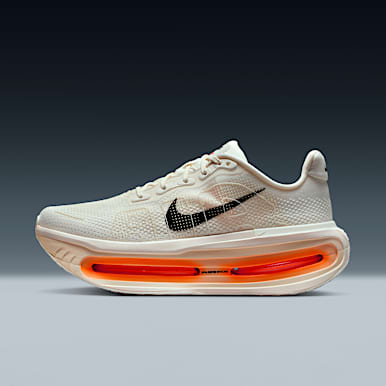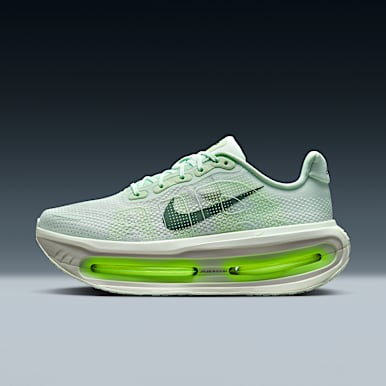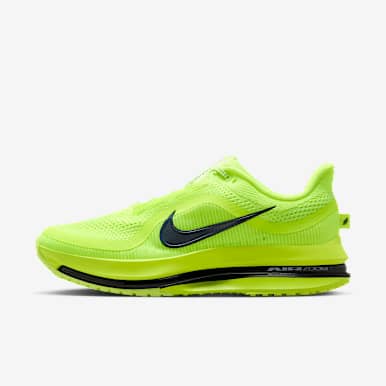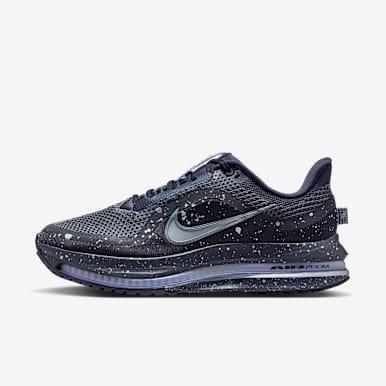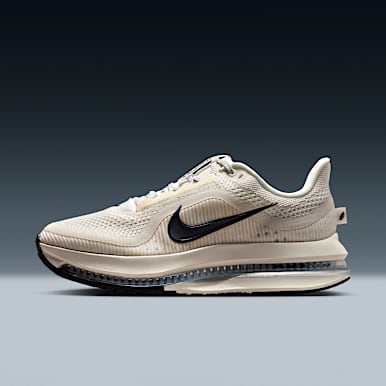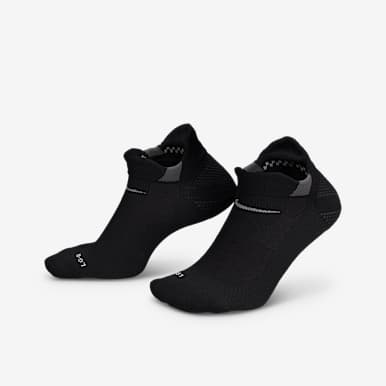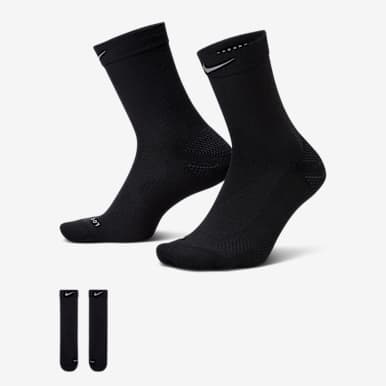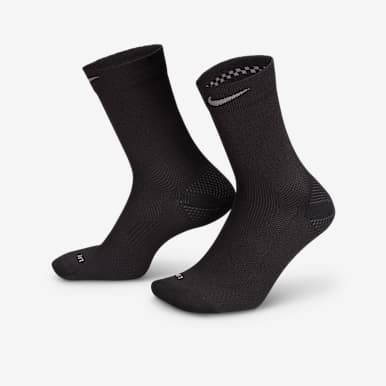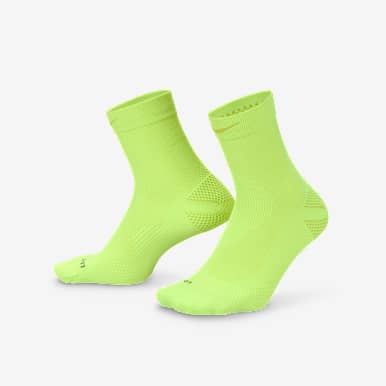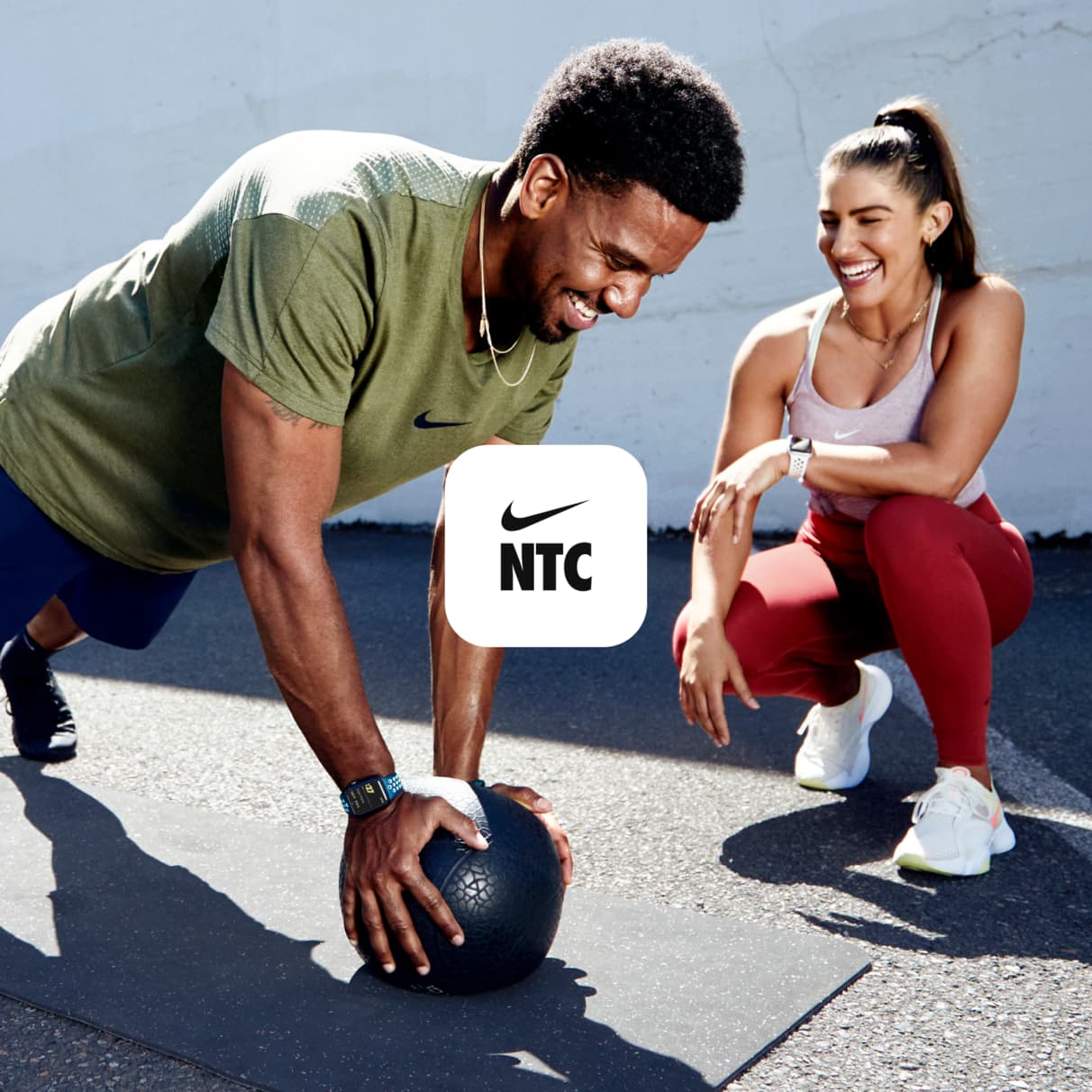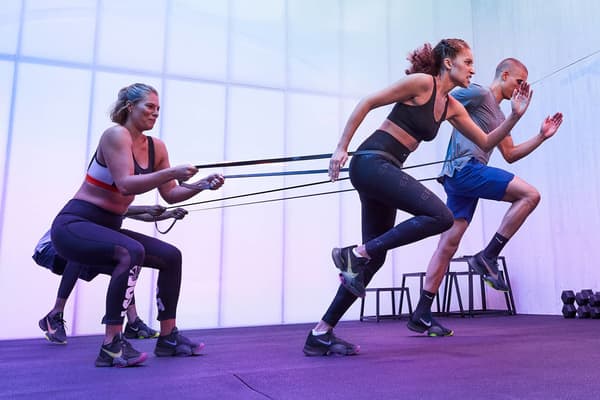Is Skipping Better than Running?
Sport & Activity
Both offer a range of benefits, but is one better than the other when it comes to improving overall fitness?
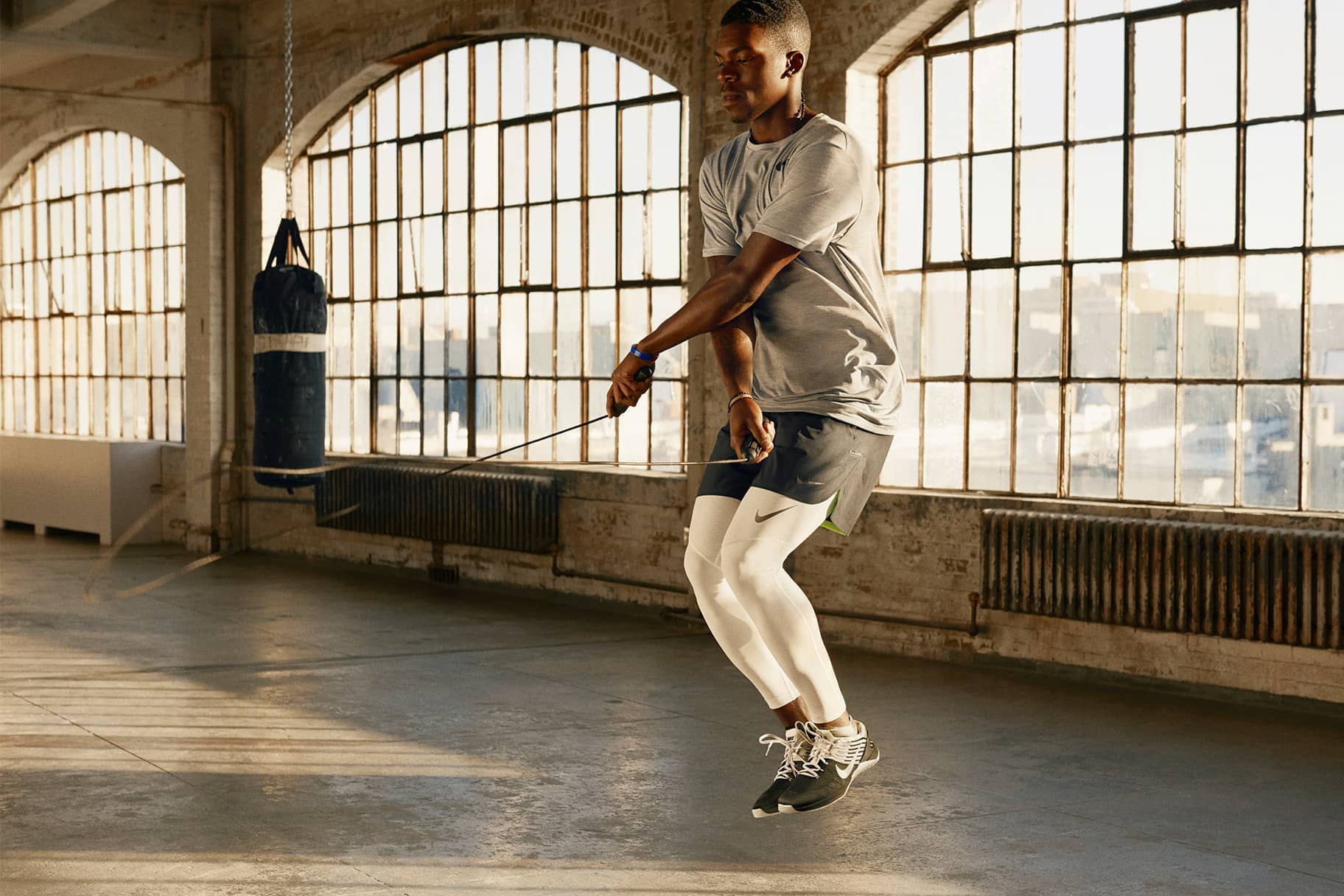
For some, using a skipping rope might conjure childhood memories, but there's good reason that it's long been championed as a key training mechanism by boxers, runners and swimmers alike—it offers a range of possible benefits from increasing bone mineral density to accelerating lower leg reaction time. The question is, how does it compare to another classic workout, running?
Below, check out a few of the top health benefits from running and skipping to identify the best exercise for you. You may even find that incorporating both exercises into your week could be fun and advantageous to your workout routine and overall athletic performance.
3 Potential Health Benefits of Running
Running is a budget-friendly and widely accessible sport for many. Beyond offering an opportunity to get outside, engage in daily movement and even grow your community, researchers have also found that running workouts can improve your overall mood and long-term mental health. Here are a few more documented benefits of running.
1.Running Helps with Weight Loss
Few activities are as effective for burning calories as running. Running can be an effective way to reach weight loss goals. According to a 2013 review of studies, moderate- to high-intensity activities, such as running, have the "highest potential" to reduce abdominal fat.
2.Running Reduces Risk of Chronic Disease
Numerous studies have linked running to a reduced risk of cardiovascular disease. Running is also recommended to decrease blood pressure and increase HDL cholesterol (also called "good" cholesterol), which are also risk factors for heart disease.
And the great news is that you don't have to run far or fast to reap these rewards. These studies show that running at slower speeds or at moderate intensities—and even for just a few minutes each day—can boost heart health.
Research has also shown that running can improve longevity and reduce the risk of chronic disease, reduce the risk of cognitive decline and help to improve bone mineral density.
3.Running Improves Cardiorespiratory Fitness, Gradually
Running is a well-established method of improving cardiovascular fitness. And running (unlike skipping) can be performed at low, moderate or vigorous intensities. New runners can start off at a slow pace to adapt and gradually increase pace and duration as they become more fit.
3 Health Benefits of Using a Skipping Rope
Like running, skipping is a budget-friendly workout. Plus, skipping may even help your running performance, according to research. Check out below some of the top benefits of working out with a skipping rope.
1.Skipping May Promote Fat Loss
Researchers have found that skipping, like running, can help with reducing fat. A 2019 study found that adolescent girls reduced visceral fat and improved overall body composition when they participated in a 12-week skipping programme. The girls also decreased blood pressure and other risk factors for cardiovascular disease.
To top it off, skipping calls on both your aerobic and anaerobic energy systems, making it an efficient tool for exercise—and yes, weight loss. Not only will your endurance increase by deploying the aerobic energy system, but depending on how long you skip and how long your routine is, you'll also use glucose already stored in your muscles to power you through brief spurts of effort, a function of your anaerobic energy system.
2.Skipping Can Help Improve Coordination
In 2011, a group of researchers investigated the effects of a 12-week skipping programme on a group of female volleyball players. They found that those using a skipping rope experienced improved coordination, proprioception (the sense that enables us to perceive the orientation of our body in an environment) and endurance when compared to those that didn't. They also found that skipping with a weighted rope provided even greater benefits like helping load a squat faster.
3.May Help Prevent Lower-Leg Injuries
In a report for the American Council on Exercise on the benefits of skipping, fitness expert Pete McCall, M.S., C.S.C.S., points out that skipping can increase the elasticity and resiliency of lower-leg muscles, leading to a reduced risk of lower-leg injuries. He adds that skipping regularly strengthens the calf muscles and improves the elasticity of the surrounding tendons and fascia.
In other words, this suggests that when you perform other skipping exercises—like running—your body will have a faster ground reaction time, improved landing mechanics and more resilient lower-leg complexes.
Running vs. Skipping: Which Is Better?
Since both skipping and running provide health benefits and are budget-friendly, how do you decide which one is best for you? The bottom line is this: both cardio activities can be included in a comprehensive workout plan, depending on your goals and fitness level.
In fact, each workout type may enable higher performance in the other. Both activities can help you to reach and maintain a healthy weight, improve your fitness level and reduce the risk of chronic disease. If you're still trying to figure out what's best for you, consider asking a certified personal trainer, physiotherapist or doctor to help guide you to the best option for you.
For more expert-backed advice, be sure to download the Nike Training Club App.
